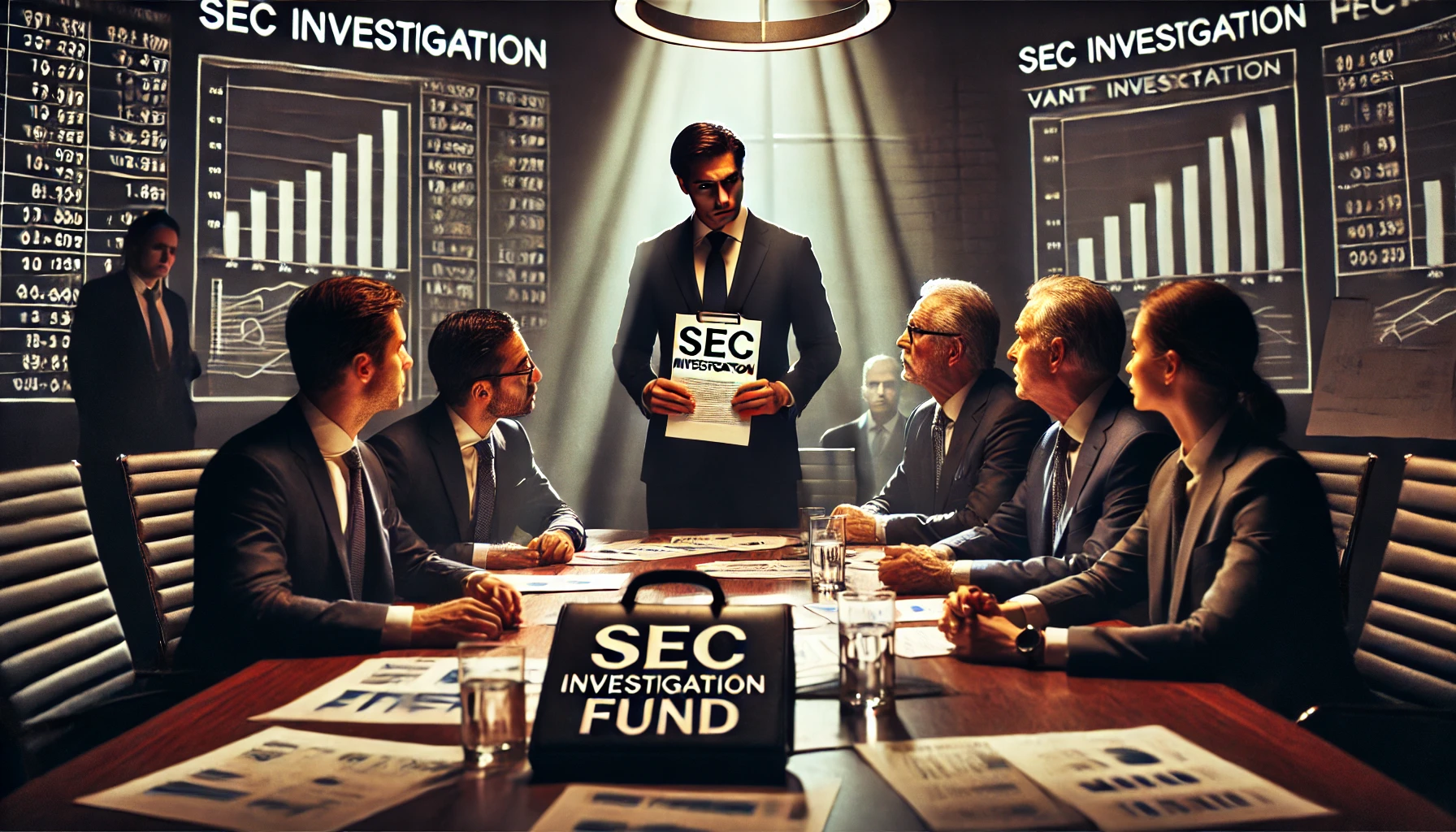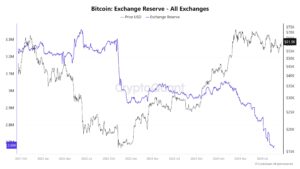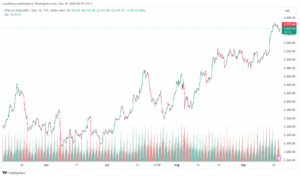SEC targets venture capital fund for involvement in Uniswap Lab
3 min read
The US Securities and Exchange Commission has intensified its scrutiny of the cryptocurrency industry, targeting several venture capital funds, including such well-known names as Andreessen Horowitz and Union Square Ventures.
These firms have reportedly received letters from the The US Securities and Exchange Commission regarding their investments in Uniswap Labs, the company behind the decentralized cryptocurrency exchange Uniswap.
SEC vs. Uniswap: The battle is heating up
Uniswap Labs, which developed the Uniswap protocol, received a Wells Notice from the US Securities and Exchange Commission in April. This is essentially a formal notification that the The US Securities and Exchange Commission believes the protocol violates securities laws.
The The US Securities and Exchange Commission growing attention has taken a significant turn with its recent focus on several prominent venture capital firms, including Andreessen Horowitz, Union Square Ventures, Paradigm, and other key investors in Uniswap Labs.
These firms, which have collectively invested millions in the development and growth of the Uniswap protocol, have been formally notified by the US Securities and Exchange Commission, indicating that the regulator believes Uniswap Labs may have violated securities laws.
The Wells Notice, which Uniswap Labs received in April, is essentially a precursor to potential enforcement action, indicating that the SEC views the Uniswap protocol as an unregistered securities exchange.
The notices to the venture capital firms indicate that The US Securities and Exchange Commission is investigating the extent of their involvement and influence in Uniswap’s operations and may seek to hold these investors accountable under securities laws.
Andreessen Horowitz, Union Square Ventures, and Paradigm, among others, have been instrumental in funding Uniswap Labs. These firms have helped the company raise more than 170 million USD, bringing the protocol to its current valuation of nearly 1.7 billion USD.
For its part, Uniswap Labs has vigorously denied the US Securities and Exchange Commission allegations, arguing that the protocol does not meet the legal definition of an exchange and therefore should not fall under the SEC’s jurisdiction.
Marvin Ammori, Uniswap’s chief legal officer, argued that the protocol acts as a passive technology and primarily enables trading of assets such as Ethereum, Bitcoin and stablecoins, which are not generally classified as securities.
This position is intended to keep Uniswap out of the US Securities and Exchange Commission sphere of influence by claiming that approximately 65% of its trading volume is in non-securities-like assets.
The involvement of these high-profile venture capital firms makes the case even more complex for the SEC.
Uniswap Labs has warned that the US Securities and Exchange Commission pursuit of this case could have far-reaching consequences for the American cryptocurrency industry.
The breakup of Uniswap could be the end of crypto in the US
The US Securities and Exchange Commission prosecution of Uniswap Labs is not just a challenge for one company, but a potential turning point for the entire decentralized finance (DeFi) ecosystem, especially in the United States.
Uniswap’s use of liquidity provider tokens (LP tokens) is at the heart of the SEC’s concerns and is an integral part of the protocol’s automated market-making mechanism.
LP tokens are issued to users who deposit assets into Uniswap’s trading pools. They serve as a token that can be redeemed for the value of the deposited assets.
However, the US Securities and Exchange Commission claims that these LP tokens could be considered investment contracts under securities law, a classification that Uniswap Labs vehemently disputes.
Uniswap Labs recently challenged the US Securities and Exchange Commission authority over the crypto market after the Supreme Court recently ruled against the “Chevron Deference,” a doctrine that allows administrative agencies like the SEC to interpret vague laws.
Uniswap argued in its response that the agency could no longer rely on this deference to claim broad control over decentralized finance (DeFi) protocols, especially in light of the US Securities and Exchange Commission proposal to expand the legal definition of “exchange” to include such protocols.






